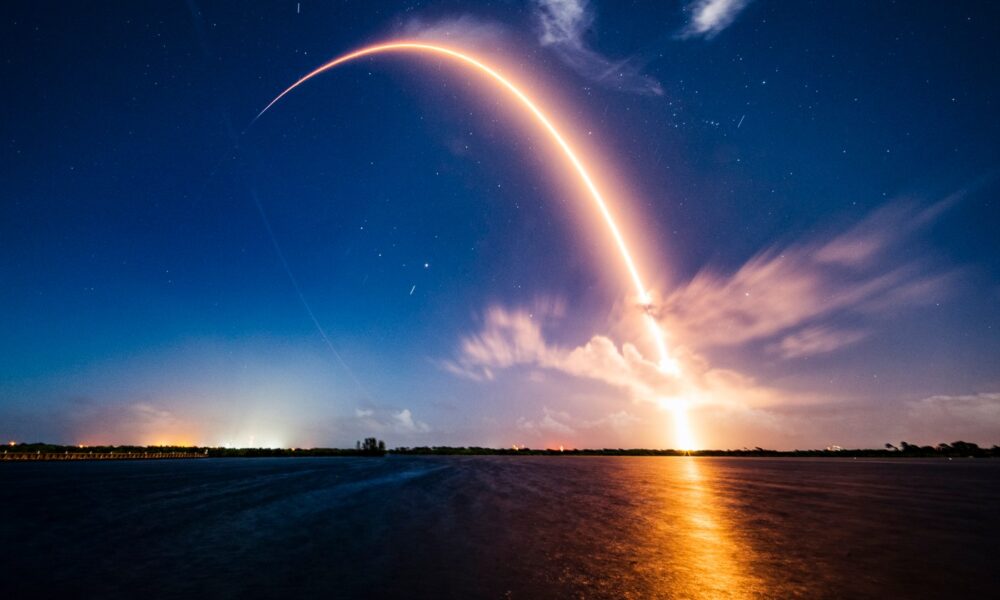URGENT UPDATE: As the United States grapples with an effective space strategy, China is rapidly advancing its ambitions, raising alarms about American leadership in space. During Space Week (October 4-10), the federal government shutdown symbolized a lack of direction, allowing China to gain a significant upper hand.
New reports reveal that China is not only deploying an AI “supercomputing” satellite constellation but also has unveiled plans, in collaboration with Russia, to build a Lunar nuclear power plant to support the ambitious International Lunar Research Station (ILRS). This demonstrates a clear strategic vision for space that the U.S. currently lacks.
Dr. Namrata Goswami, a prominent China space analyst, warns that China’s prioritization of reusable rockets and lunar industrialization could enable the country to outpace the U.S. in the coming years. Currently, SpaceX, led by billionaire entrepreneur Elon Musk, outlaunches all competitors globally, but analysts caution that this advantage may diminish as China ramps up its output.
In the last five years, China has achieved remarkable milestones, including testing a fractional orbital bombardment system and launching its own crewed space station. Notably, China has also successfully landed and returned samples from the far side of the moon, a feat the U.S. has yet to accomplish.
The stakes are high. If China continues its unchecked advancement, the implications could be dire. Analysts speculate on crisis scenarios, such as an adversary disabling a U.S. satellite or deploying anti-satellite weapons. Current U.S. policy lacks a clear crisis response plan, leaving the nation vulnerable.
Moreover, China’s focus on space-based solar power and the potential extraction of Helium-3 from the moon could shift the balance of energy resources. The lunar surface, rich in ice and minerals, presents strategic opportunities that the U.S. must not overlook.
As commercial space travel evolves, the absence of a federal agency equipped for rescue missions raises critical concerns. While President Donald Trump’s executive order to streamline launch licensing is a step forward, experts emphasize that deregulation alone cannot constitute a comprehensive strategy.
Failure to lead in space will cost the U.S. not just prestige, but also prosperity and control over vital global resources. The next Sputnik moment is imminent, and the question remains whether America will be caught off guard or respond with innovation.
In the face of these developments, the U.S. must prioritize a cohesive investment strategy and a clear national vision for space. The implications of inaction could be profound, affecting national security and economic stability for decades to come.
Stay tuned for updates on this critical issue as the competition in space heats up.







